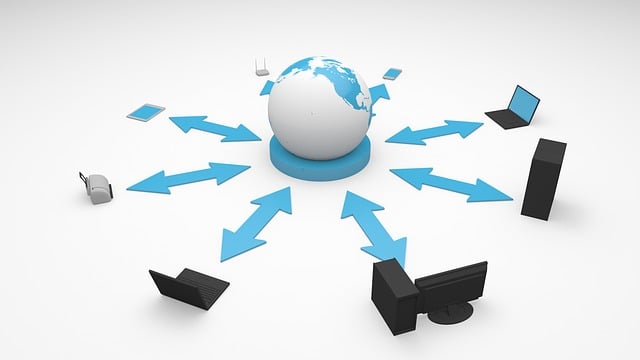
In an information system there are interrelated components.
Our society is full of examples of systems , such as a coffee vending machine , a manufacturing factory, a vehicle, a document archive, our backbone, etc. In the case of coffee or beverage machines, we can analyze their operation to better understand the system concept. The coins enter the system, their value is compared with that of the selected drink (objective of the system) and if both values are equal, the drink is issued.
With regard to the systems themselves, there is a broad consensus regarding the characteristics they should have and ways of operating; however, the same does not occur with the concept of information system , of which there are many definitions, nuances and schools.
In any case, speaking in general terms, we can say that an information system is a set of components that interact with each other to achieve a specific goal, which is to satisfy the information needs of said organization. These components can be people, data, activities or material resources in general, which process information and distribute it appropriately, seeking to satisfy the needs of the organization .
Objective of an information system
The primary objective of an information system is to support decision making and control everything that happens in it. It is important to note that there are two types of information systems, formal and informal; The former use solid structures such as computers as a medium to carry out, the latter are more artisanal and use older means such as paper and pencil or word of mouth.
The study of information systems emerged as a subdiscipline of computer science , with the goal of rationalizing the management of technology within organizations. The field of study advanced until it became part of higher education within administration .

The study of information systems emerged as a subdiscipline of computer science.
Classification according to type
From a business point of view, information systems can be classified in various ways. There are, for example, management information systems (for the purpose of resolving conflicts in companies), transaction processing systems (which are responsible for managing information in the context of commercial exchanges), executive information systems (for managers ), decision support systems (analyze the different factors that make up the business to decide which direction to take), office automation systems (applications that help in administrative work) and expert systems (that emulate the behavior of a specialist in a specific domain).
According to the authors Laudon and Laudon, professors of Business Administration , an information system is an organism that collects, processes, stores and distributes information. They are essential to help managers keep their company organized, to analyze everything that happens in it and to create new products that put the organization in a good place. This definition is one of the only ones that expresses the requirement that an information system have components , although it does not specify what they should be, possibly because it tries to encompass all the possible variants of this concept.
The information system and computing
It should be noted that the concept of information system is usually used as a synonym for computer information system , although they are not the same.
The latter belongs to the field of study of information technology and can be part of an information system as a material resource. In any case, information systems are said to deal with the development and management of an organization's technological infrastructure.
